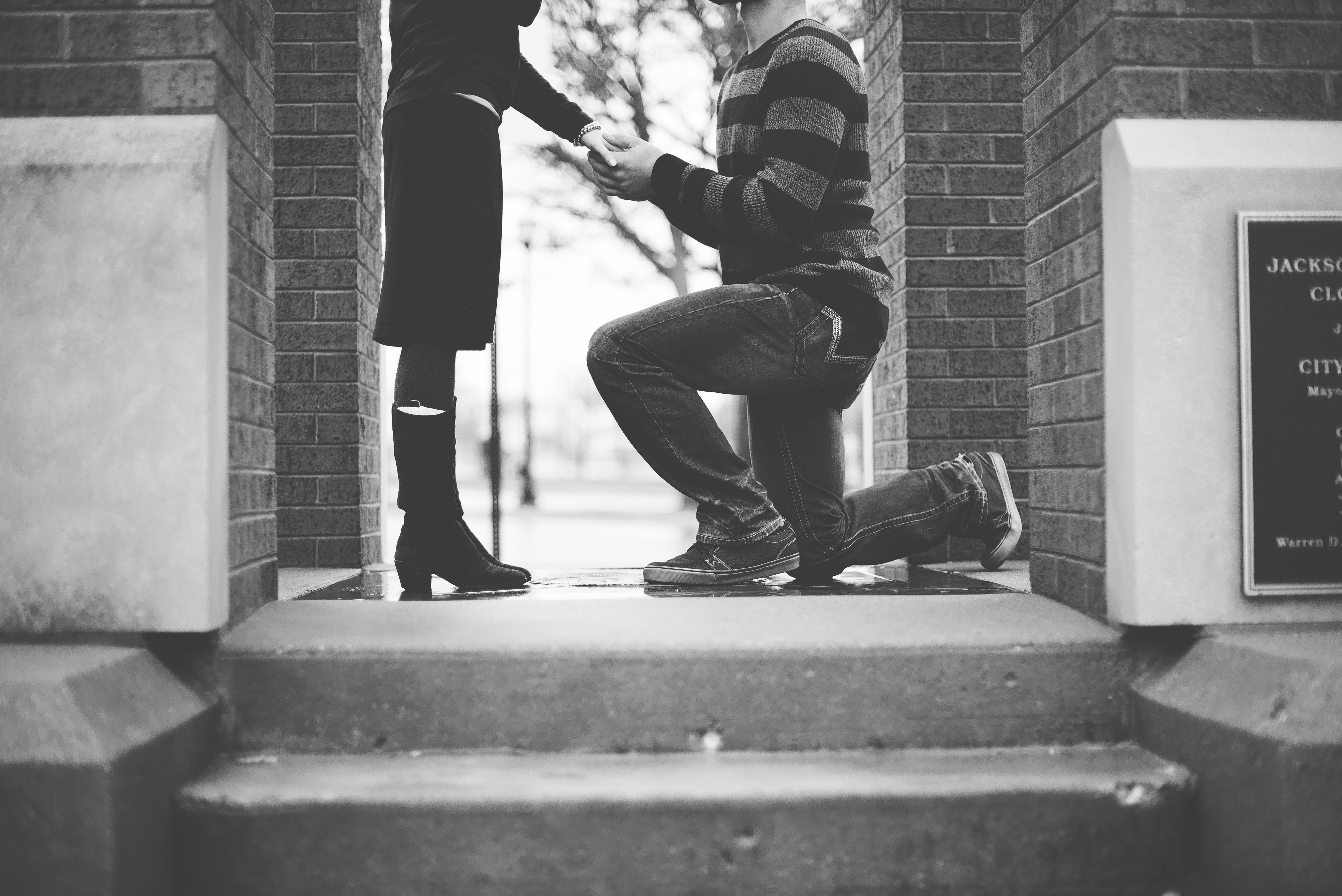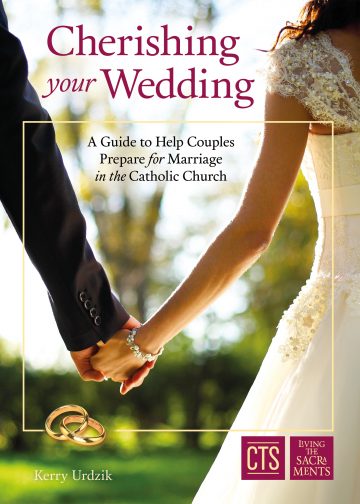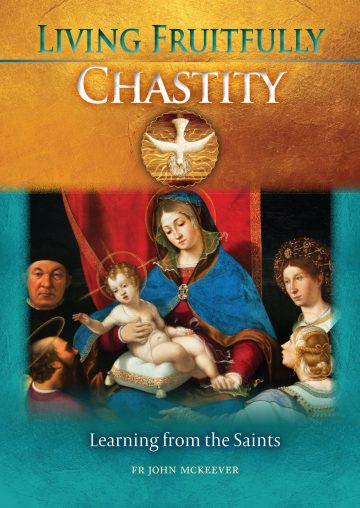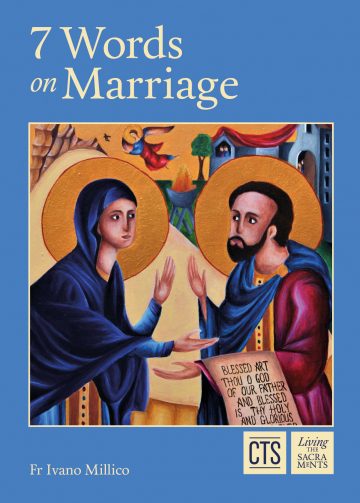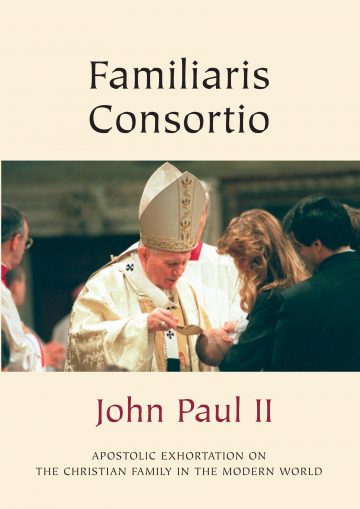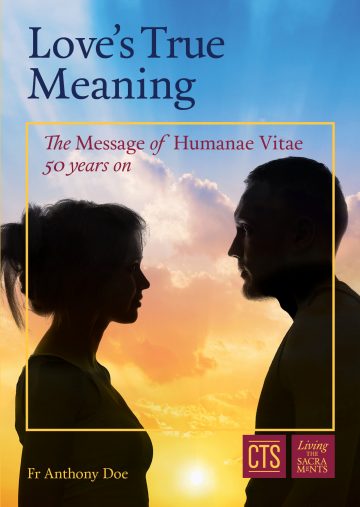Two years ago, my boyfriend asked me to be his wife. I almost instantly said yes. Well, once he actually got the question out!
It wasn’t one of those fairy tale proposals – It was cold and raining and he left me outside with my laptop and no coat (did I mention that it.was.cold.).
At the point where my toes had ceased to feel anything, he came outside with his entire family, who were equally as annoyed as I was beginning to be. He then fumbled onto both knees (yes, both), at which point I realised what he was trying to do and was overcome with both a sense of joy and dismay! He seized my right hand, which led me to think maybe I’d got the wrong end of the stick, and shoved a ring on my middle finger screeching the words “WILL YOU?!” to which I promptly responded through tears of laughter: “Will I what?!”
Long story short, after telling him which words he should actually say (will you marry me?), I said yes, put the ring on the correct hand and finger and his father piped up with “Does this mean we have another mouth to feed?!”[1]
Engaged but discerning
As most girls would be when they’d found ‘the one’, I was over the moon! I was excited! But I was also very anxious… After all, he is not a Catholic, so what did that mean for me? ‘Not to worry’ – I said to myself – ‘you’ve said yes now, so signed, sealed, delivered: you’re his!’
But what is the issue here? Okay, he’s not Catholic, but I knew that when we started dating, and I’d spoken at length to priest friends to keep discerning whether this relationship was from God or not. No, that was not the issue. The issue was that my discerning had suddenly stopped the moment I got engaged.
Now, some of you might be thinking ‘well, that’s understandable, being engaged is practically the same as being married!’ whereas, some of you are hearing the alarm bells and shifting uncomfortably in your seats. Uh-oh! This might end up being a car crash marriage!
Of course, before you despair and pray for me (though please do pray for me/us anyway!), I restarted my discernment in my relationship a few months after we got engaged. ‘Why?!’ the former group may implore.
Let me ask you another question: why not?
After all, I know that I love him. Yes, at times on a very superficial level, but also on a much deeper level in my heart of hearts. But that doesn’t necessarily mean that I have to marry him! Why? Because in order to be married in the church, you have to commit yourself freely to the other. And how can I do that if I walk into it blindly?
The best way for me to explain this is if I tell you a little story.
Is this relationship drawing me closer to God?
During our engagement, we completed an 8-week Marriage Catechesis as part of our preparation, a requirement in the Catholic Church, and one thing struck me about what one of the Catechists said.
‘All of you think that you have come here because you are going to get married. This won’t always be the case. Some of you may get married, we hope all of you do. But some of you may find that in this time, you realise that the relationship you are in will not necessarily lead to marriage. And that’s okay’ – well, it was amazing to see over 12 different couples’ blood drain from their respective faces at that. The catechist then went on to explain the importance of continuing to ask God if this marriage is his will, and to guide the couple to fulfil his will, rather than their own.
That’s what is being asked of you when you are called to discern.
Am I in this relationship because I want it, even if it means putting God second? Or is this relationship drawing me, and encouraging me to be closer to God?
For me, this has been a complete eye-opener. Especially in my situation, where my now-husband isn’t even Catholic – I had been afraid to ask these questions of God and of myself, because everywhere in a lot of Catholic media, I am greeted with unpastoral articles – written without love. Obviously, marriage comes with its many ups and downs and strains – and that’s when you have the same fundamental faith and belief. Add into the mix a non-Catholic background, these can become more and more stressful, more and more difficult.
Keeping God at the centre
In the marriage course, we were asked to openly discuss these things. So every day after the night finished, my husband and I went to sit in a café (or pub), and spoke openly about what the course had said to both of us. Many times we found we were on the same page. A few times, my husband got the wrong idea of what was being said, and I had to explain again what they had meant. A few more times, we had heated arguments about what was said because we weren’t in total agreement.
But what stood out each time was that we always continued talking until we reached a consensus – usually him realising he had understood something wrong, or that I had mistaken what he had said as a criticism. The important thing that they said to us at the end of the 8-week course was that it is so important to keep the line of communication between the two of us open. The minute that this closes off, you stop God’s work with you both.
In a way, the marriage class taught us both that we need to keep God at the centre of our relationship, and at the forefront of everything thing we do. Weird right? For a non-Catholic to think that. But one thing that my husband said struck him was the fact that God is the one who helps us to be merciful with one another, rather than to seek ‘justice’, and to help us give outward signs of his love in our life.
One of the biggest changes I have seen in my life since doing the marriage course is that my husband has become more open. By that I mean, his hard shell and pride is slowly being chipped away, and some of that mercy and grace of God is seeping through. Yes, he has a very long journey, but I will continue to keep faith that God will work in both of us as he has been doing for so long.
“Please keep praying for me”
Last, but not least, this marriage course showed me how closed off I am to receiving God’s love in my life, and how fearful I am of risking on him. For example, on the last day we had of the marriage course, we were invited to pray aloud any intentions in our hearts. From the words I had heard over the course of the day, I felt called to pray for my husband so I said:
Lord, I bless and thank you for this day. I thank you for all the wonders that you have worked in my life. I pray that you can help [my husband] to know you as I do, to know your love, and to come to love you in return. I pray that you can give him faith and the courage to be open to your word in his life. I also pray, that if it is your will, you can nurture our life in marriage.
This was a very big thing. I had never prayed in front of my husband so openly about what is in my heart, but I felt called to risk on God and to truly pray my heart’s desire. Afterwards, I went over to my husband and tentatively asked him if he was okay. He responded saying to me: why did you pray that prayer for me? I told him, because that’s what my heart desires for you. He said to me: please keep praying for me.
Wow.
Called to love them as they are
The marriage preparation has helped to put my mind at ease about all of the shunnings that I was met with online because every day I am praying (or at least trying to pray) for my husband, that he may find faith – first and foremost, but secondly that God may continue to give concrete signs that this relationship comes from him and not from me. Now I’m not blindly walking towards marriage, no. My eyes and his are very much open. I invite him to pray with me when he feels called to, and to be open to letting the word speak to him, and not push it away. This isn’t to say that if my husband never converted I would feel betrayed by God, no. I love my husband for who he is when I met him and who he continues to be. That’s another thing that was emphasised in the marriage course. We can’t go into a marriage expecting the other to miraculously become someone that they aren’t. To do that is to marry under false pretences, and nullifies the marriage. Your husband/wife may never change no matter how much you may pray that they do, and you are called to love them as they are.
Had you spoken to me two years ago, and told me that I would be saying all of this, I would have laughed you out of the room. But this is why I am a great advocate of the period of engagement. Without it, I would have not known what it means to be in a Christian marriage through the catechesis and through the priest who is marrying us, and my husband and I wouldn’t be opening a dialogue about what it means to be in something as permanent as marriage, and a greater question about the faith.
These are some books I really recommend
Quickly, before I go: if you are getting married, or in a relationship that you want to lead to marriage, here are a few books that my husband and I both recommend:
- Cherishing Your Wedding – Kerry Urdzik
This has been perfectly written for every person discerning marriage. It tackles all the different scenarios of a marriage, as well as helping you to prepare for the sacrament, both spiritually and practically. Even my husband has found this book indispensable. Available from CTS here.
- Three to Get Married – Fulton Sheen
One word: wow! I’ve never had the fortune of reading much Fulton Sheen before now, but wow! Considering this book was written before my mother was born, it hits the nail on the head for me today, for culture today.
- Living Fruitfully: Chastity – Fr John McKeever
Okay, it may seem like a strange choice, but the beauty of what Fr McKeever talks about in terms of sexuality and chastity, and the simplicity with which he explains it makes the book applicable to everyone in every walk of life. Available from CTS here.
- 7 Words on Marriage – Fr Ivano Millico
[1] An extract from the book:
To marry is to ‘receive’ another person as he is, as she is, into your own life. It is not about trying to change that person to fit into your ideas or to suit you according to your expectations – but it is about loving that person, to say ‘yes’ to that person. In this sense, marriage is a real personal transformation from ‘me’ to ‘you’ and ‘us’, where one spouse ‘dies’ to himself (herself ) to find himself (herself ) ‘risen’ in the other spouse. In marriage, each one ceases to be an individual and becomes a person, that is, a sincere and definite gift of oneself to another. In fact, marriage proves to be “the most effective antidote to unbridled individualism”. And all of this is possible because at the centre of Christian marriage is the person of Jesus Christ, the loving gift of himself.
- Humanae Vitae – Pope Pius VI Available from CTS here.
- Familiaris Consortio – Pope St John Paul II Available from CTS here.
[1] This is a completely different story for another time.
